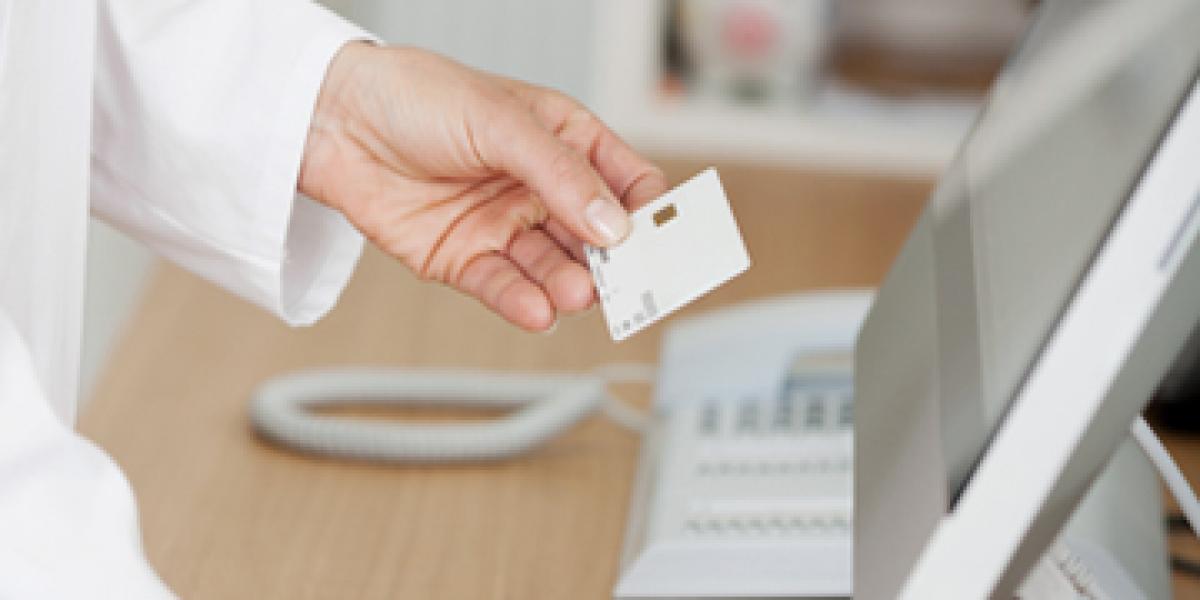The Ministry of Interior (MOI) was formed in 1970, and is the governmental authority responsible for providing overall peace and security within the State of Qatar. Since its inception, the MOI has continued to protect national security, maintain the safety and security of nationals and expatriates, issue travel documents and assist expatriates relocating to Qatar, and take all necessary measures to prevent crime, including overseeing Qatar’s State Prison.
Due to the rapid development of the country, the MOI has increased collaborations and partnerships with other governmental agencies and community leaders to jointly accept responsibility in modernizing existing services. The goal of this is to meet the continued demand for technical support, equipment and personnel, and to widen the scope of rendered services for the public to provide more security, safety and stability for the needs of Qatar’s growing population and society.
Digital Transformation at MOI
The conversion of the MOI’s services and documentation into paperless form serves several important objectives. Not only will it facilitate the quick completion of transactions for individuals and companies, it will maintain the strict confidentiality of the data. In alignment with the Qatar Digital Government (QDG) strategy, it will also vastly improve efficiency and communication between departments of the Ministry, both internally and externally with other outlying governmental bodies.
Furthermore, operating in a paperless workplace will greatly contribute to the preservation of natural resources and the environment by reducing the quantity of paper consumption within the country. The 2011-2016 strategy developed by the MOI focuses on these elements, as well as on the optimal use of all available resources, including personnel, to successfully reduce the wasted time and manpower spent on administrative services that are better used elsewhere.
MOI Challenges
Adapting from a paper-heavy workplace to the implementation of online services only is a great adjustment in any industry, but is especially difficult for the MOI in terms of security and confidentiality. Added to this is the vast amount of documentation that has been accumulated since the MOI’s inception, which is still referenced frequently and must remain available to all departments at all times.
In addition to users becoming comfortable and confident using new processes, procedures, and online forums, another main challenge was in facilitating the smooth conversion of existing documentation into a digital format without causing any delay in the flow of information and services currently available to clients and customers.
Solution
In an effort to offset these challenges and undergo a complete transformation to a ‘green’ environment, the MOI General Department for Information Systems teams, along with their counterparts in relevant MOI departments, have implemented the MOI E-services system.
In collaboration with QDG, and under the scope of the Paperless Ministry Project, the project aims to transform all of the MOI’s paper transactions into digital transactions. Creating a user-friendly online forum for the public allows the MOI to maximize interaction with minimal fuss whilst providing existing services to the public in a secure, hi-tech online environment.
By minimizing paperwork and the frequent use of vehicles required to transfer physical administrative files to and from various MOI departmental locations, the E-services project will also save paper and vehicle waste significantly.
Results
The ambitious project was implemented in 2011, and began with the MOI identifying the priority services that would benefit from an online presence, as well as those that would require digitization. Development of the new online services and digitization started with the existing system still in place in a bid to ensure that both services worked concurrently with little to no disruption to existing services.
E-services are provided to the public via three smart channels, namely the MOI website E-service, the Metrash2 MOI mobile app, and the MOI self-service kiosks. These are in addition to the existing MOI department entities that are still available to visit physically. In 2012, after the new systems were successfully developed, Metrash2 was implemented with more than 40 services available. In 2013, the MOI website was updated with the same number of services.
The services that are available online for the public require a Smart Qatar ID Card login, or a Metrash2 mobile subscription. Any company or individual with a Smart Qatar ID card can use the MOI’s e-services to view, apply or follow up on requests for either themselves, their employees or their sponsored residents/ visitors.
As of December 2015, 90% of all planned services are available online and the old processes are no longer in effect. In 2016, the MOI is expected to announce the completion of a 100% digital ministry.
Success story in numbers
- Thus far the project has successfully saved the public’s time and effort by 90%, and MOI employees by 50%.
- Around 266 internal services have been converted to electronic form.
- Out of these, 18 new e-services have been launched.
- More than 5000 daily online transactions are completed by the public without the need to physically visit any MOI department.
- Almost 16,934 internal e-applications have been processed so far in 2015. These applications are connected with various sectors such as maintenance and service requests, as well phones, technical systems and other devices.
- All paper documentation within the MOI is in the process of being converted into electronic form, and almost 80 million documents have been digitalized so far.

